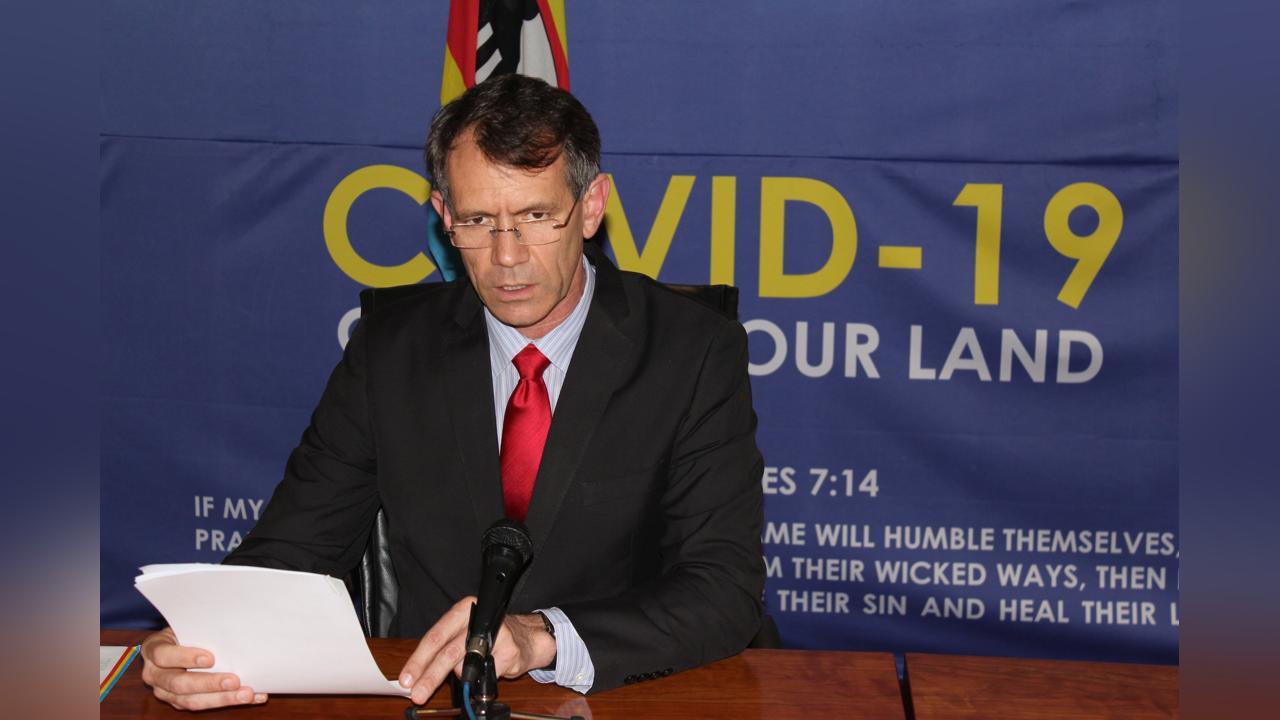Africa-Press – Eswatini. As we wait with bated breath for Minister of Finance Neal Rijkenberg to deliver the budget speech for the current year, a number of things occupy my mind.
I am not totally privy to all the stakeholders that government finds germane to involve in the process of putting together the Appropriation Bill. I do think, though, that in the process of being more democratic and transparent, any government would want to ensure that this process is as consultative and open as possible. All sectors of society, as extensive as possible, should have a fair opportunity to influence, to some degree, how the public kitty should be spent. That Parliament, considered to be the people’s voice, in exercise of its oversight role over the Executive arm of government, has an opportunity to interface with and influence, to some extent, the direction of government budgetary priorities, is not enough, in my view, to endorse solid legitimacy to public ownership of the budget. Events in the past have also shown how limited Parliament is in making fundamental changes in the Bill. The intentions of the Executive, almost invariably, will hold sway.
We need this process to be open to civil society, in all its diversity; youth, pressure groups, people with disabilities, business, the church and ordinary citizens. The trend over the years has been for some organised civil society groups to create platforms that are only but reactionary and speak to how the budget should have been. The space that needs to be contested should be the technical space, which begins months before the budget speech is delivered. That space, regrettably, seems to be kept for the exclusive preserve of the government technocrats who put the budget together. Capacity issues, perhaps, inform that we need civil society to invest heavily in developing capacity in this area, so that it is able to meaningly participate in this process and provide input that gives a solid voice to the interests of the voiceless masses they purport to represent, beyond vapid sloganeering.
Resources
The battle for the interests of the poor and marginalised begins in how as a country, we choose to distribute our resources. If our priorities, as reflected in our budget, lean towards vanity projects that have no immediate benefit for the country; show fixation to security upgrades and parasitic institutions; demonstrate expensive tastes, that would leave first world countries green with envy, then that is where we begin to lose the battle. At that point, the poor continue to take a backseat and their numbers swell. The gap between the haves and have nots widens even more and we think we can deal with the concomitant social ills, such as crime and gender-based violence through law-enforcement. Government should ensure that other non-State actors are fully capacitated and participate in all stages of the budget, so that it enjoys mass ownership.
At orientation, I have little confidence that parliamentarians are capacitated to understand the budgetary process enough for the citizenry to have faith that as the gatekeepers, they can do a satisfactory job at critiquing it to reflect the interests of their constituents. Sometimes you can see how politics of patronage also compromise their ability to do justice to this process. Having gone through a financial year where we have witnessed glaring gaps in service delivery, especially in the healthcare sector and maintenance of road infrastructure, one can only appeal to the new parliamentarians to remember the situation back in their constituencies. We know the pressure that is sometimes exerted on them when a few brave individuals of their lot bring serious concerns during the debates. Politics has never been for the faint-hearted and last year showed us that. Our MPs must stand up for the truth and defend the rights of the 70 per cent of emaSwati who are wallowing in poverty as they participate in this process. This is not time for political self-preservation.
We are counting on Parliament to vigorously oppose any moves by the Executive to turn to the poor emaSwati, in the form of increased taxes, in order to fund the budget. If anything, we expect to see more funds being channelled to social spending. We beseech the parliamentarians not to acquiesce to any fundamental hikes in consumption taxes. With more enforcement of compliance within the current tax base, more prudent spending and clamping down on corruption, we should be able to steer the country out of this difficult phase. Parliament should push for a budget that puts money back into people’s pockets, creates jobs and offers some measure of relief to the unemployed and generally poor. Can the nation count on this new broom to sweep better?
Source: times
For More News And Analysis About Eswatini Follow Africa-Press







